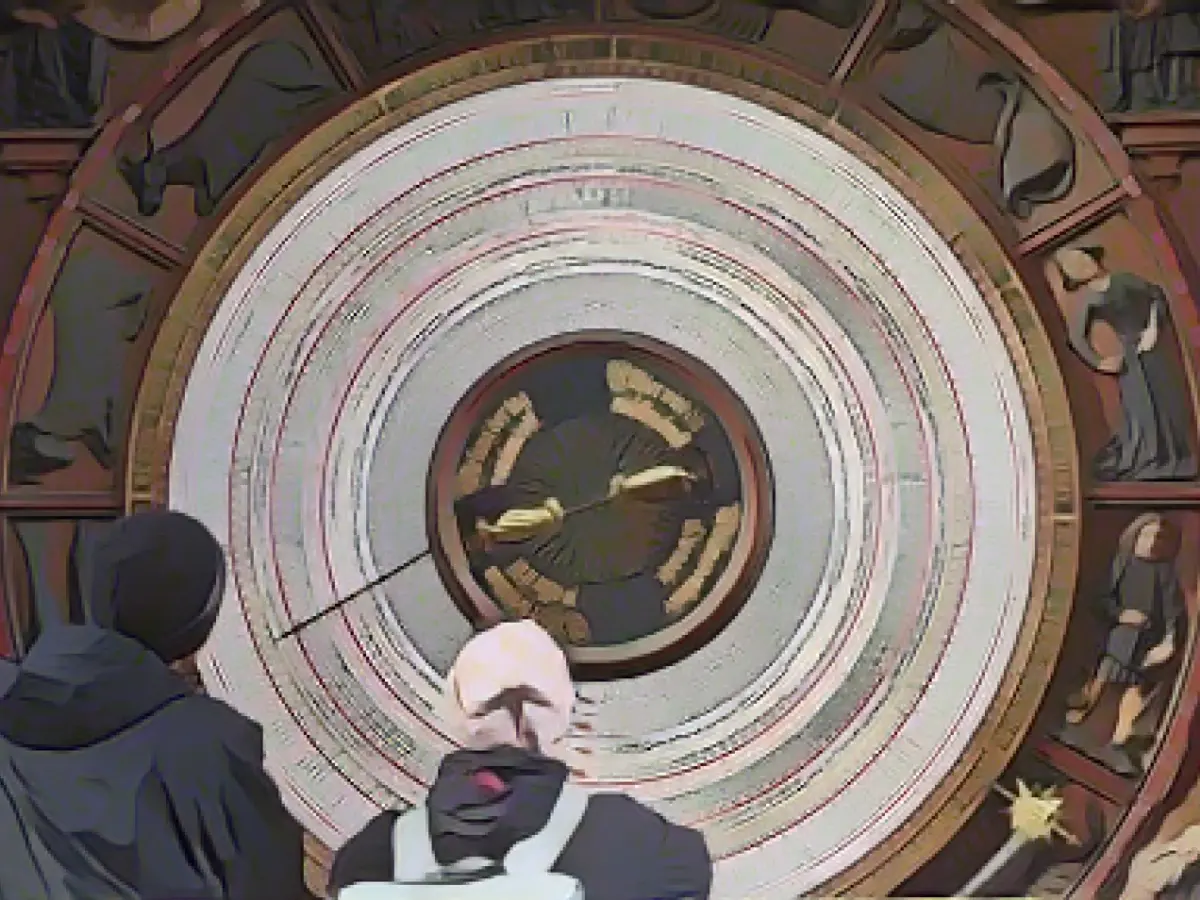Title: Rostock's Astronomical Clock and Mecklenburg-Western Pomerania's Green Belt: Valuable Heritage Sites with Unique Traits
In a recent turn of events, the former inner-German border strip, known as the Green Belt, has made it onto the UNESCO list of states applying for the organization's list of cultural and natural heritage sites. Regrettably, Rostock's famous Astronomical Clock did not secure a spot following a special meeting of the Conference of Culture Ministers in Berlin.
Bettina Martin, Mecklenburg-Vorpommern's Culture Minister (SPD), expressed her contentment regarding the Green Belt's inclusion in the Tentative List of Natural World Heritage Sites. She emphasized the unique charm and undisputed historical and cultural significance of the Rostock Astronomical Clock, a gem that attracts visitors to the city.
Thuringia was responsible for submitting the Green Belt, and Mecklenburg-Western Pomerania supported its inclusion. The Green Belt stretches 157 kilometers from Priwall on the Baltic Sea to the Elbe lowlands, connecting nature conservation with the remembrance of Germany's divided past.
The Schwerin Ministry of Culture announced that the Rostock Astronomical Clock was not included in the UNESCO list due to the federal states' collective application to the organization. Out of the 21 proposals from the federal states, 7 were accepted.
The Green Belt's inclusion in the UNESCO list marks a significant milestone in the commemoration of Germany's divided past. With its inclusion, the UN organization, Unesco, highlights the region's efforts in preserving natural and cultural heritage, setting an example for sustainable development and conservation.
Extra Insights
While both Rostock's Astronomical Clock and Mecklenburg-Western Pomerania's Green Belt hold significant cultural and natural heritage value, they face distinct opportunities and challenges in securing UNESCO recognition.
- Rostock Astronomical Clock: The clock, a notable piece of medieval craftsmanship, may not have been included in the UNESCO list due to its specificity and rarity. UNESCO typically favors broader cultural and historical complexes rather than individual artifacts, and the clock might not have met these criteria. Moreover, its documentation and recognition might not have been extensive or recognized internationally during the evaluation period.
- Mecklenburg-Western Pomerania's Green Belt: The Green Belt's environmental and historical importance played a crucial role in its inclusion in the UNESCO list. It is a large area of natural landscape, preserved during the Cold War era, serving as a buffer zone between East and West Germany. It holds significant ecological and historical value, and its inclusion in the list highlights the region's dedication to preserving natural and cultural heritage, setting a global example for sustainable development and conservation.
In conclusion, while both sites are valuable heritage sites, the Rostock Astronomical Clock might not have secured UNESCO recognition due to its specificity and lack of international documentation, while the Green Belt, due to its ecological and historical importance, managed to make a compelling case for inclusion.








